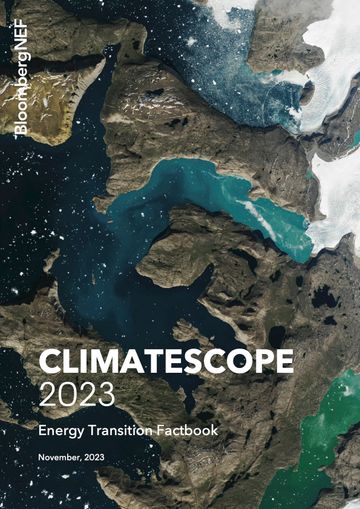Honduras
With a power score of 1.85, Honduras ranks number 43 among emerging markets and number 70 in the global power ranking.
- Emerging markets
- Latin America
1.85 / 5
Power score
+9 places
Global power rank change
Overview
Honduras has a power score of 1.85, which puts it at rank 70 in the global power ranking, and rank 43 in the emerging markets power ranking. In comparison to 2021, Honduras has deteriorated in the power rankings by -12 places, from rank 58, to rank 70.
At 1.85, the power score of Honduras is better than the regional average of 1.81 in the Latin America region.
Regional power score comparison
Power
Power policy
Honduras implements policies in 6/6 power policy categories tracked by Climatescope, including Renewable energy target, Renewable energy auction, Feed-in Tariff, Net Metering, Import tax incentives, VAT incentives.
Power policies
Power prices and costs
The average electricity price in Honduras has dropped from 173.26 USD/MWh in 2021 to 169.52 USD/MWh in 2022. Since 2017, the average electricity price in Honduras has fluctuated between 144.39 USD/MWh (2017) and 173.26 USD/MWh (2021).
Power market
The top amount of capacity installed in Honduras in 2022 was in Oil & Diesel at 30.15%, up from 29.4% in 2021. The technology with the biggest increase in capacity installed in 2022 was Large Hydro at 17.57%, up from 16.36 in 2021.
Installed capacity (in MW)
Electricity generation (in GWh)
The largest electricity generating technology in Honduras in 2022 was Oil & Diesel, generating some 35.51% of electricity, up from 27.87% in 2021.
Investment in clean energy in Honduras was around $8.97 million in 2021, a decrease of 88.44% from 2020 ($77.6 million). Between 2017 and 2021, the highest investment in clean energy was in 2017 at $102.8 million, while the lowest was in 2021 with $8.97 million.
Utility privatisation
Which segments of the power sector are open to private participation?
Type
Question
Availability
Wholesale power market
Does the country have a wholesale power market?
Doing business and barriers
Type
Question
Availability
Currency of PPAs
Are other PPAs (eg. corporate PPAs) signed in or indexed to U.S. Dollars or Euro?
Type
Question
Availability
Bilateral power contracts
Can a C&I (Commercial and Industrial) customer sign a long-term contract (PPA) for clean energy?
Type
Question
Availability
Fossil fuel price distortions - Subsidies
Does the government keep the wholesale price of electricity from fossil fuels artificially low through subsidies?
Type
Question
Availability
Fossil fuel price distortions - Taxes and carbon prices
Does the government significantly increase the wholesale price of electricity from fossil fuel through targeted taxes and/or carbon prices?
Transport
Transport policy
Honduras does not implement any policies in any of the transport policy categories tracked by Climatescope.
Transport policies
Type
Question
Availability
Fuel economy standards
Does the country have a fuel economy standard in place?
